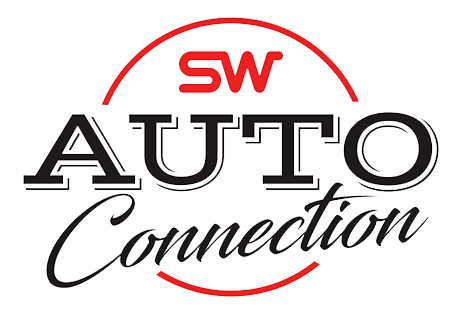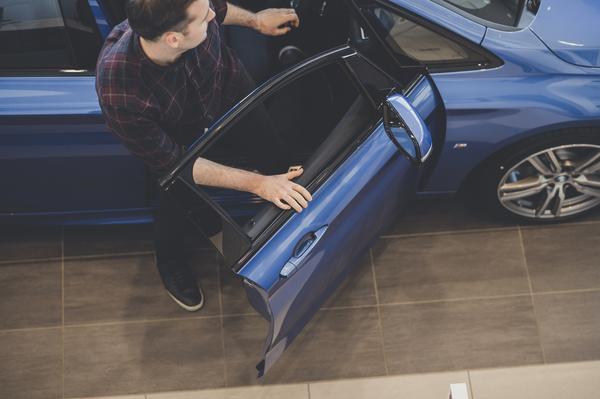What to Look for When Buying a Used Car in 2025
Purchasing a used car can be a smart financial decision, especially in 2025 when the market is filled with options. However, it’s essential to know what to look for to ensure you’re making a wise investment. From understanding the vehicle's history to evaluating its condition, being informed can save you time and money. This guide will help you navigate the used car market with confidence.
Key Factors to Consider
When buying a used car, there are several key factors to consider. First, always check the vehicle history report to uncover any past accidents or title issues. Next, inspect the car thoroughly, both inside and out, to assess its condition. Don’t forget to take it for a test drive to evaluate its performance. Additionally, researching the make and model can provide insights into common issues and reliability ratings. By focusing on these factors, you can make a more informed decision.
Understanding Vehicle History Reports
A vehicle history report is a crucial tool when buying a used car. It provides detailed information about the car's past, including accident history, service records, and previous ownership. Services like Carfax and AutoCheck can help you access this information. Understanding the report can help you identify potential red flags and negotiate a better price. Always request this report before finalizing your purchase.
The Importance of a Pre-Purchase Inspection
Before committing to a used car, consider getting a pre-purchase inspection from a trusted mechanic. This inspection can reveal hidden issues that may not be apparent during a casual inspection or test drive. A mechanic can assess the vehicle's mechanical condition, check for signs of wear and tear, and provide you with an estimate of any necessary repairs. This step can save you from unexpected expenses down the road.
Financing Your Used Car Purchase
Financing options for used cars can vary widely, so it’s essential to explore your choices. You can secure a loan through a bank, credit union, or dealership. Compare interest rates and terms to find the best deal for your budget. Additionally, consider getting pre-approved for a loan, which can give you a better idea of your price range and strengthen your negotiating position.
Negotiating the Best Price
Negotiating the price of a used car can be intimidating, but it’s a crucial part of the buying process. Start by researching the fair market value of the vehicle using resources like Kelley Blue Book or Edmunds. Use this information to make a reasonable offer based on the car's condition and history. Be prepared to walk away if the seller isn’t willing to negotiate, as there are plenty of other options available.
Finalizing the Purchase
Once you’ve found the right used car and agreed on a price, it’s time to finalize the purchase. Ensure all paperwork is in order, including the title transfer and bill of sale. Review the terms of any financing agreements carefully before signing. Finally, don’t forget to obtain insurance for your new vehicle before driving it home. Following these steps will help ensure a smooth and successful transaction.

